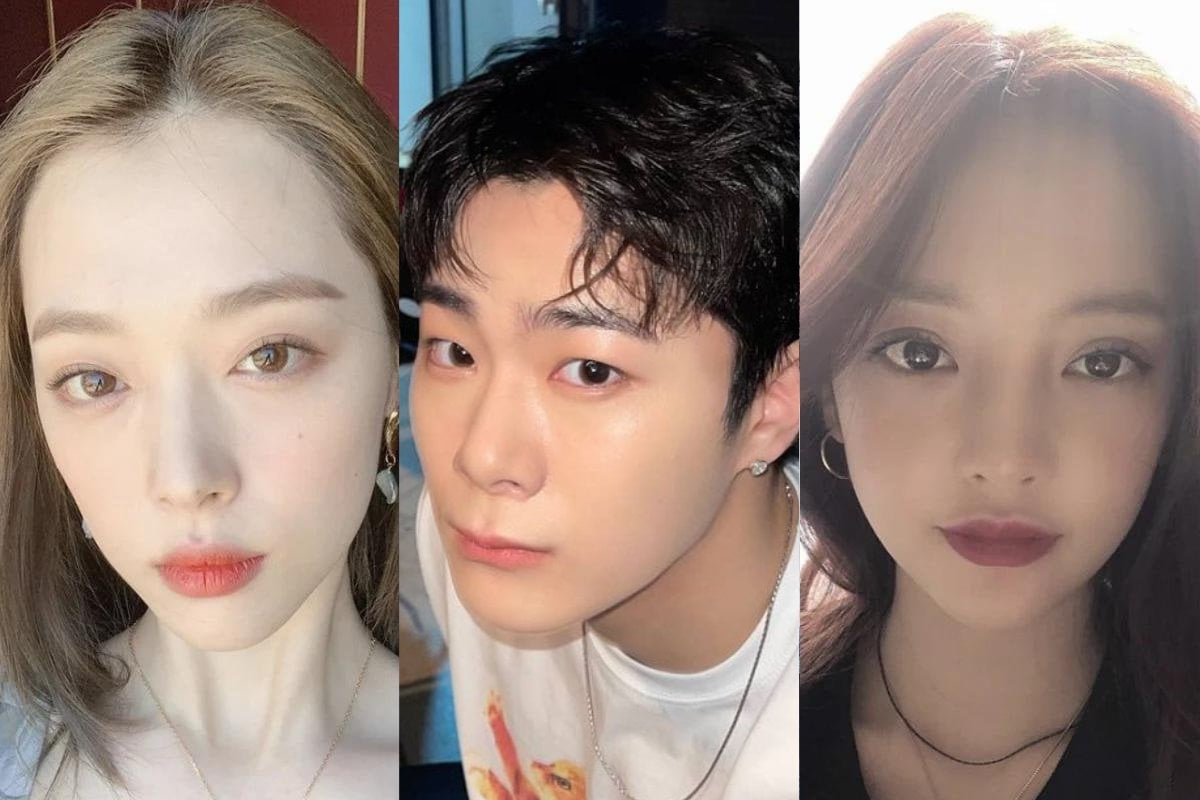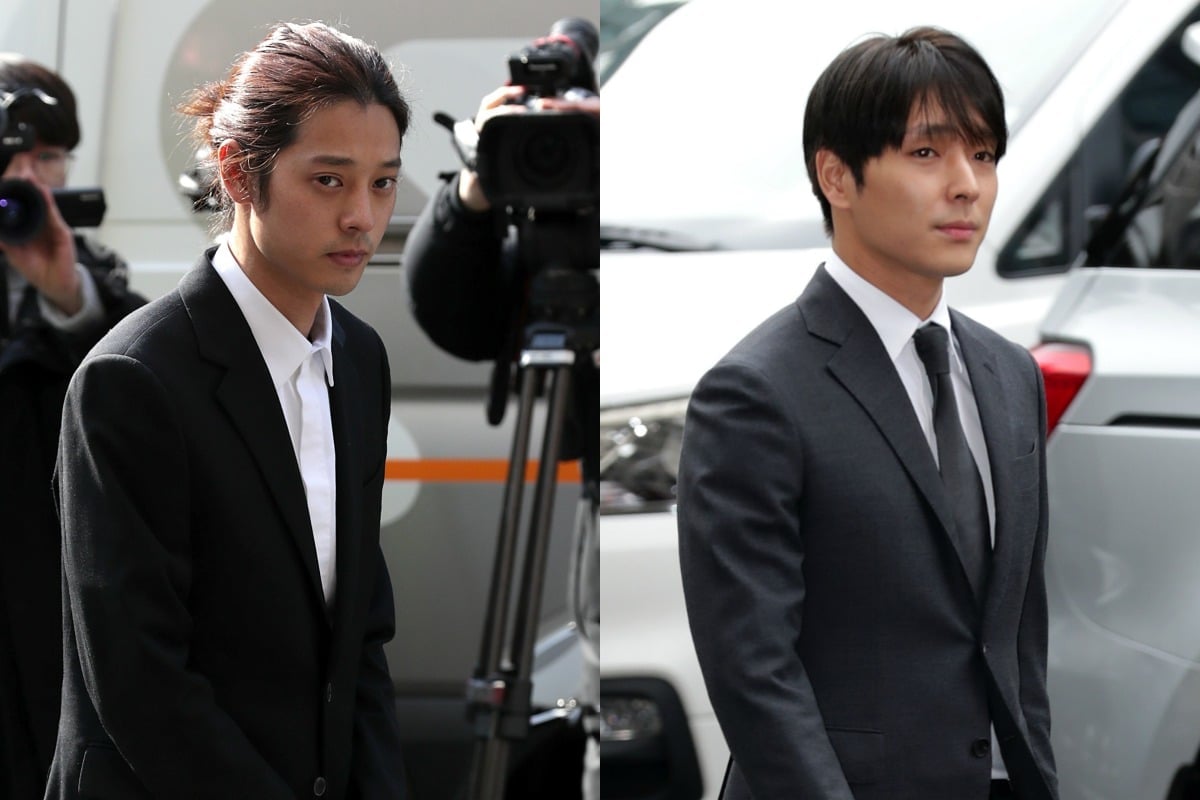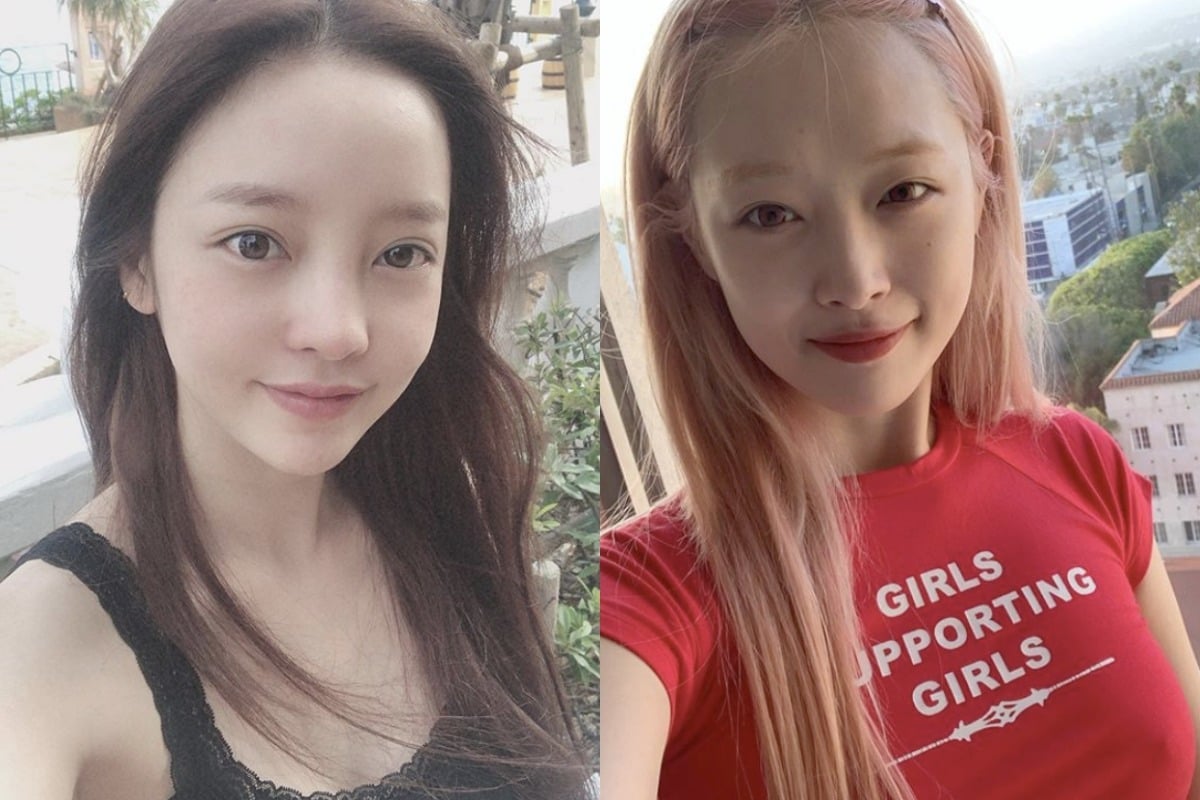
Content note: This post deals with suicide and rape and may be sensitive for some readers.
For such a light, poppy type of music, K-pop has attracted attention over the past few years for far more serious reasons.
This week, Moon Bin, a member of the South Korean boy band Astro, died aged 25. Local media reported the singer had been found unresponsive in his Seoul apartment.
"On April 19, Astro member Moon Bin unexpectedly left our world and became a star in the sky," his music label Fantagio wrote in a Twitter post in Korean on Thursday, April 20.
Back in 2019, K-pop singers Sulli and Goo Hara also died by suspected suicide, while two male K-pop stars, Jung Joon-young and Choi Jong-hoon were jailed for rape.
Shocking stories like these go back many years.
Listen: The gruelling life of a K-pop star. Post continues after audio.
K-pop is an industry where young, starry-eyed performers are exploited, and girls and women are particularly harshly treated. On top of that, fans – or "anti-fans", as some of them are known – can be brutal.
"Some female idol members have gotten ostracised for not smiling in a television show and reading a book about feminism that contradicts male-dominated patriarchal South Korean society," K-pop journalist Park Hee-A told the Associated Press.



Top Comments
As a general rule, the lighter and poppier the music/image of the artist, the darker the behind-the-scenes story is. Honestly in a world where Britney Spears had a mental breakdown and Robin Williams killed himself, I don't understand how anyone can be surprised by this anymore.